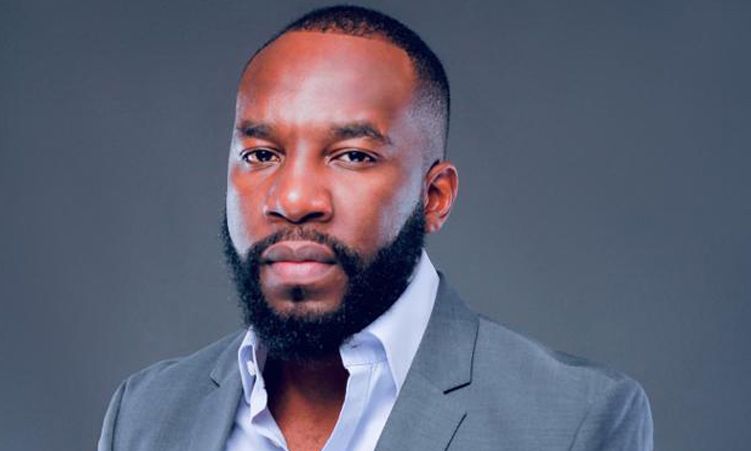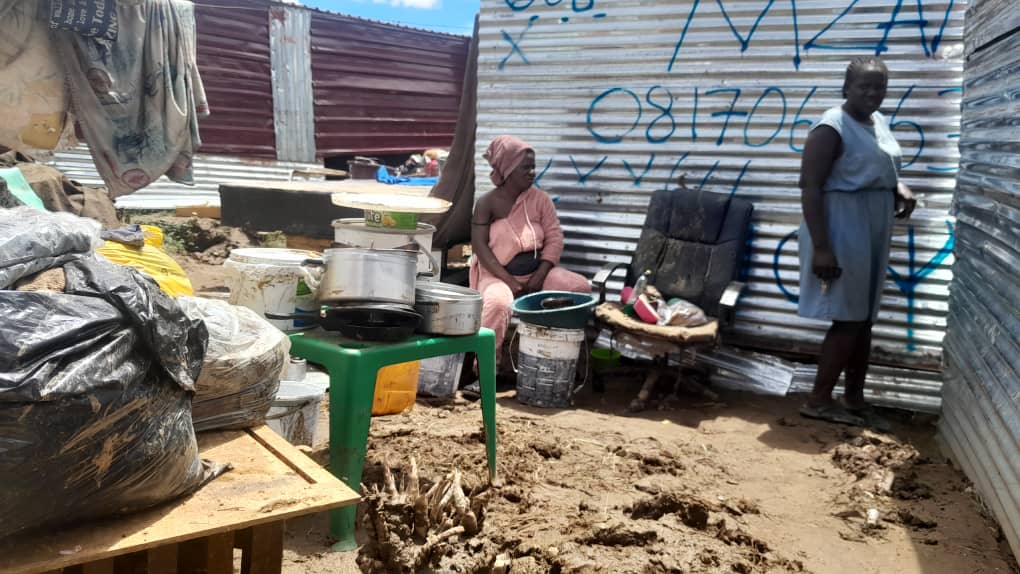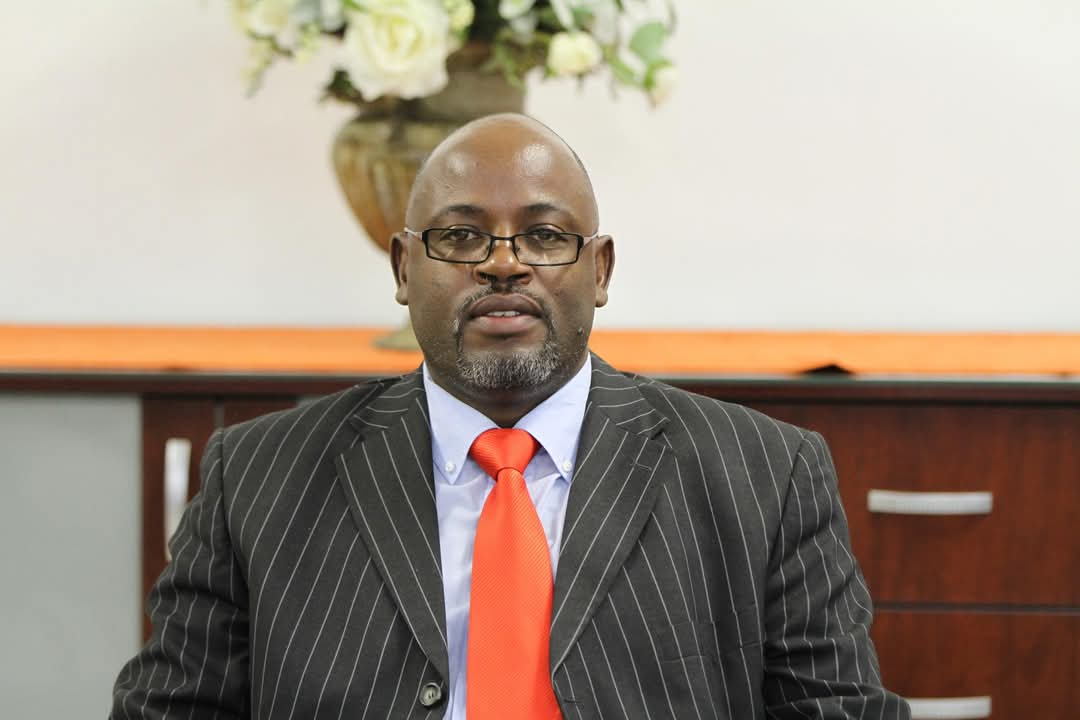National Petroleum Corporation of Namibia (Namcor) acting managing director Shiwana Ndeunyema has blamed the company’s N$700 million financial loss on significant breach of internal controls, governance systems and market volatility.
He, however, refused to reveal the specific breaches.
Ndeunyema, the executive team and the board chairperson, Jennifer Comalie, addressed the media yesterday following reports of Namcor’s financial struggles and a request for a government bailout
Namcor is currently facing major challenges in managing its cash flow due to a troubled 2022. As of September 2023, Namcor’s debt to suppliers stood at N$1,9 billion.
Some suppliers have now given Namcor a deadline of 30 November and are hinting at a process of liquidation should the company not settle its debt.
Ndeunyema said it was the board and the management’s responsibility to ensure that the company could manage the risks, but the internal controls were not there.
“Chief among these are issues relating to market volatility and significant breach [sic] of internal controls and governance systems.”
Ndeunyema said they take ownership and full accountability because the situation could have been averted.
“Ordinarily, when you procure a product from the international market, you need some sort of trade desk or hedging instrument so that if there is an abrupt change, you are able to absorb that shock,” Ndeunyema said, noting that they did not have this in place.
Namcor has now pulled out a begging bowl for a Cabinet bailout.
The corporation, however, denied that it asked the Cabinet for a bailout, instead labelling it a capital injection with two proposals, which Ndeunyema said he could not go into detail about.
This is the second publicly known time that Namcor has called on the Cabinet for a lifeline, after the government handed a package to Namcor which included paying off debts of nearly N$260 million in 2010.
He said Namcor has developed a three-phase turnaround strategy to address the working capital deficit facing the company.
“The first phase focuses on short-term survival and stabilisation, coupled with decisive shareholder capital intervention, secondly, medium-term strategies centred on implementing a new operating model to reduce exposure and ensure sustained success,” said Ndeunyema.
Namcor is now seeking to develop a 15-year strategic business plan to outline the company’s long-term sustainability with recent oil discoveries.
Ndeunyema said they will publish an expression of interest for a consultant to develop this plan.
“Remember, you have now all the discoveries in the Orange Basin, talk about 11 billion barrels. You can’t take a risk and put people on the project that have never done it before.
“You need to put people on the project who have done it,” he said, referring to Qatar.
“And that’s why you usually have experts coming in to ensure that skills transfer and knowledge transfer, if you go to Qatar for instance, the whole management of Qatar Energy are Qataris, but next to them there’s an expert,” he said.
Economist Mally Likukela yesterday said Namcor’s plans are uninspiring and lack depth and context, which raises more questions than answers.
“The plans outlined are detached from the reality on the ground as painted in the previous annual reports which I believe were audited and authenticated by the board and auditors,” he said.
Likukela said in the past 10 years, the company has made profits only four times, the last time in 2017 when it announced a N$42 million profit.
“Since then, it went into negative till 2022 at the height of the Russia-Ukraine war. It started making a loss three years before the war, so the statement is misleading to cite the war as a factor,” he noted.
He reckons the government has allowed Namcor to continuously report losses without taking any action.
“Every loss is a waste of state resources, so why wait until it’s more than N$700 million as if there was a cut-off? Every loss should be treated equally,” he said.
This situation, the economist said, makes investors who are serious about risk treat Namcor very carefully.
“Because the turnaround strategy spoken about does not address the real issues and so investors are not inspired about the future of Namcor. To improve the status quo – a comprehensive external examination of the organisation is required,” he said.
Economist Omu Kakujaha-Matundu said public enterprises can mess up badly, yet still retain their board and management.
“Without heads rolling, I am sure that it doesn’t matter whether the company’s reputation has been dented or not. This also calls the sustainability of Namcor into question. Will Namibia one morning wake up to no fuel in the country?”
He believes performance in any company starts with ethical and moral leadership.
“Another important factor is checks and balances. Something, somewhere is broken and needs fixing,” Kakujaha-Matundu said.
Stay informed with The Namibian – your source for credible journalism. Get in-depth reporting and opinions for
only N$85 a month. Invest in journalism, invest in democracy –
Subscribe Now!








